Albert Benitz
出生 : 1904-11-17, Freiburg im Breisgau, Germany
死亡 : 1979-03-11
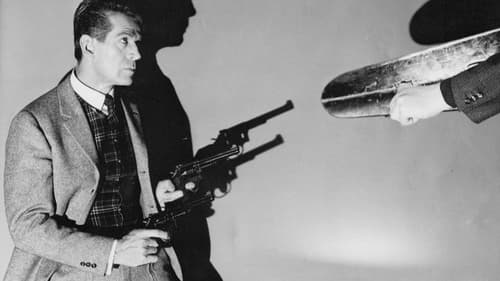
Director of Photography
The first film adaptation of Jerry Cotton. FBI agents Jerry Cotton and Phil Decker are tracing a group of six murderers. Disguised as a vagabond Jerry Cotton infiltrates the gang. Kitty, the leader's girlfriend, soon becomes Jerry's most important helper. With her help, he's able to prevent a bomb's explosion in a school. The deadly attack on a rich collector he can not prevent. The gangsters flee with the loot and a hunt to the death begins ...
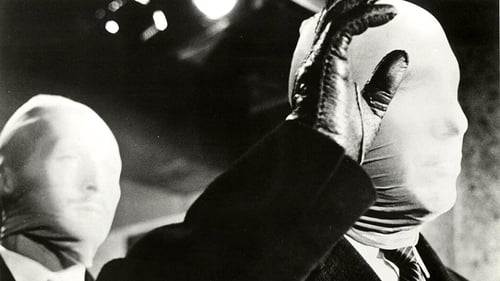
Director of Photography
Dr. Mabuse has been locked away for years in an insane asylum. Suddenly crimes start occurring and no one knows the culprit. A detective goes to visit the Doctor to find some sort of clues to the robberies.

Director of Photography
Max, a small time pick-pocket, has nothing to do with the ‘big’ crimes. But then he must find the murderer of Fred, his wife's brother.

Director of Photography
A creepy German-made Wallace thriller about the ghost of a hanged man who returns to fulfill his promise. All of his accusers must die!

Director of Photography
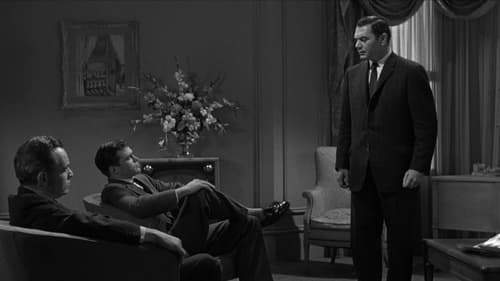
Director of Photography
U.S. spies catch a Moscow-born U.S. citizen (Ernest Borgnine) helping spies, and they force him to counterspy.
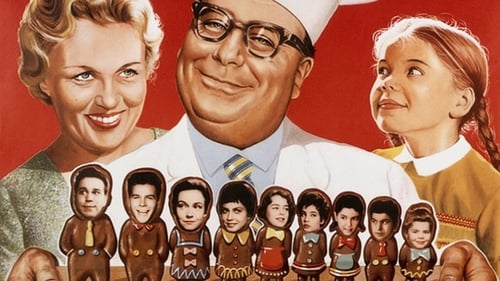
Director of Photography

Director of Photography

Director of Photography
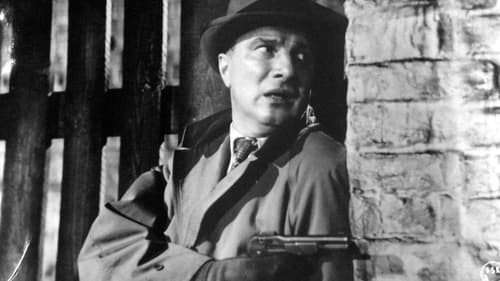
Director of Photography
The true story of a German agent sent to the USA in 1944 in order to stop the development of the atomic bomb.

Director of Photography

Director of Photography
The 1956 movie based on the theater play by Carl Zuckmayer based on the true story of cobbler Wilhelm Voigt who dressed up as a German military officer and, with the help of unsuspecting soldiers, took over the city hall in Köpenick and confiscated the city's purse.

Director of Photography

Director of Photography
The film is based on a true story, concerning a series of robberies on the highways of Germany. At the time of the actual events, there was a controversy over whether or not highway patrolmen should be given permission to use firearms against perpetrators.
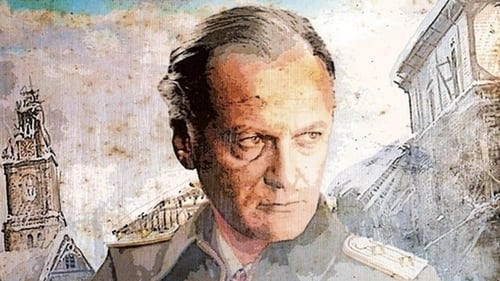
Director of Photography
Curt Jurgens stars as a courageous Luftwaffe officer. Jurgens loves the service, even though he barely tolerates the Hitler regime. Sickened by wartime Nazi atrocities, Jurgens renounces his government, and is imprisoned and tortured as a result. Once released, the general takes pity on a downtrodden Jewish family. This isolated act of kindness is a point in his favor when Jurgens stands before Satan himself for his final judgment. The Devil's General was based on an immensely successful postwar play by German author Carl Zuckmeyer.

Director of Photography

Director of Photography
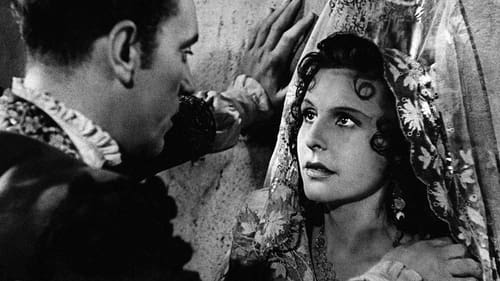
Director of Photography
Set in the early part of 20th century Europe. There lived a dancer who becomes the romantic bone of contention between a humble shepherd and an imperious marquis.

Camera Supervisor
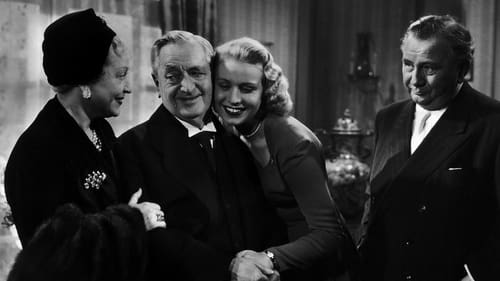
Camera Operator

Director of Photography
The bailiff Engel is believed to be an heir to the millions via a fictitious newspaper advertisement. It is said to have a mink farm. Your debtors mean my nun that as a millionaire you can pay the debts. Some dowry hunters have seen it on them too. Paulchen, who shows the ad, has in Ms. Engel and in the end she also has a couple.

Director of Photography
Adventure film about a Seaman and a young boy in a North Sea fishing community.

Director of Photography

Director

Director of Photography
A wayward young woman running from her past is reunited with her sister after they became separated during the war. While she worked on the streets, the sister established a professional career as a psychologist.

Director of Photography
Film by Rolf Meyer.

Director of Photography

Director of Photography
A wealthy man murders his wife, then marries a young woman who becomes suspicious of him.

Director of Photography
Dramatization of the first climbing of the Matterhorn in 1865.
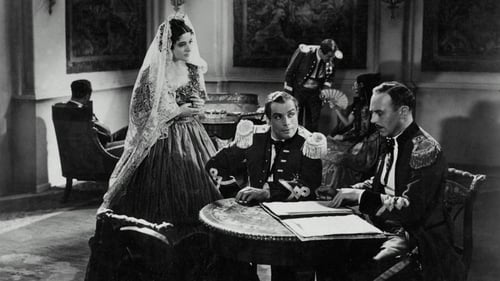
Director of Photography
The film follows the life story of Johann Augustus Suter, the owner of Sutter's Mill, famous as the birthplace of the great California Gold Rush of 1848.

Director of Photography
Story of the trials and tribulations of a German who emigrates to the US during the Great Depression.
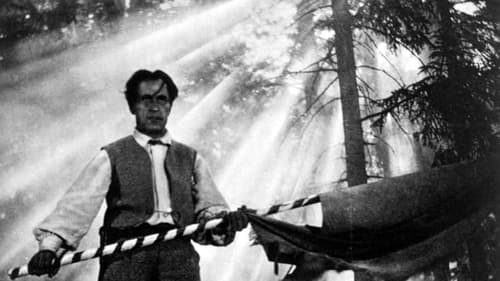
Director of Photography
A young medical student returns to his Tyrolean home to find out that Napoleon's troops have taken over the area and that his mother and sister have been murdered.
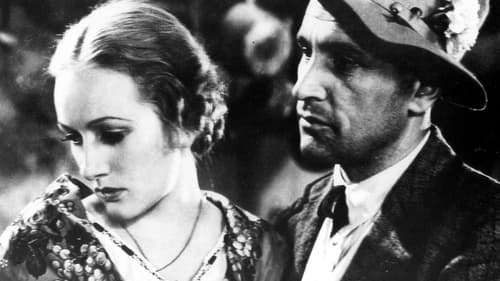
Director of Photography
Two of Germany's best and busiest directors collaborated on Berge in Flammen (Mountain in Flames). The storyline should be of interest to pro-ecologists, inasmuch as the directors take to task the warmongers of the world for despoiling the natural beauties of the European mountain ranges with their shell-fire. The final outrage occurs during a battle between the Austrians and the Italians in the Dolomites, culminating with the destruction of an entire mountain (hence the film's title). The harrowing images on screen were complemented perfectly by the musical score of Giuseppe Beece. Also known as The Doomed Batallion, Berge in Flammen was filmed in three different languages -- German, English, French -- for a total cost of $150,000.

Director of Photography

Director of Photography
A Tyrolean mountain guide comes under suspicion of killing a tourist.

Director of Photography
Critics of the time called "Milak, der Grönlandjäger" the German answer to Robert Flaherty’s "Nanook of the North" (1922). Filmed largely on location in Greenland and Norway’s Spitsbergen archipelago, the film combines impressive landscape footage with ethnographic observation.
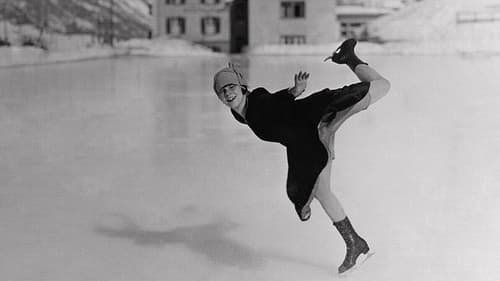
Director of Photography
A profile of the 1928 Olympic Games in St. Moritz, Switzerland.


















